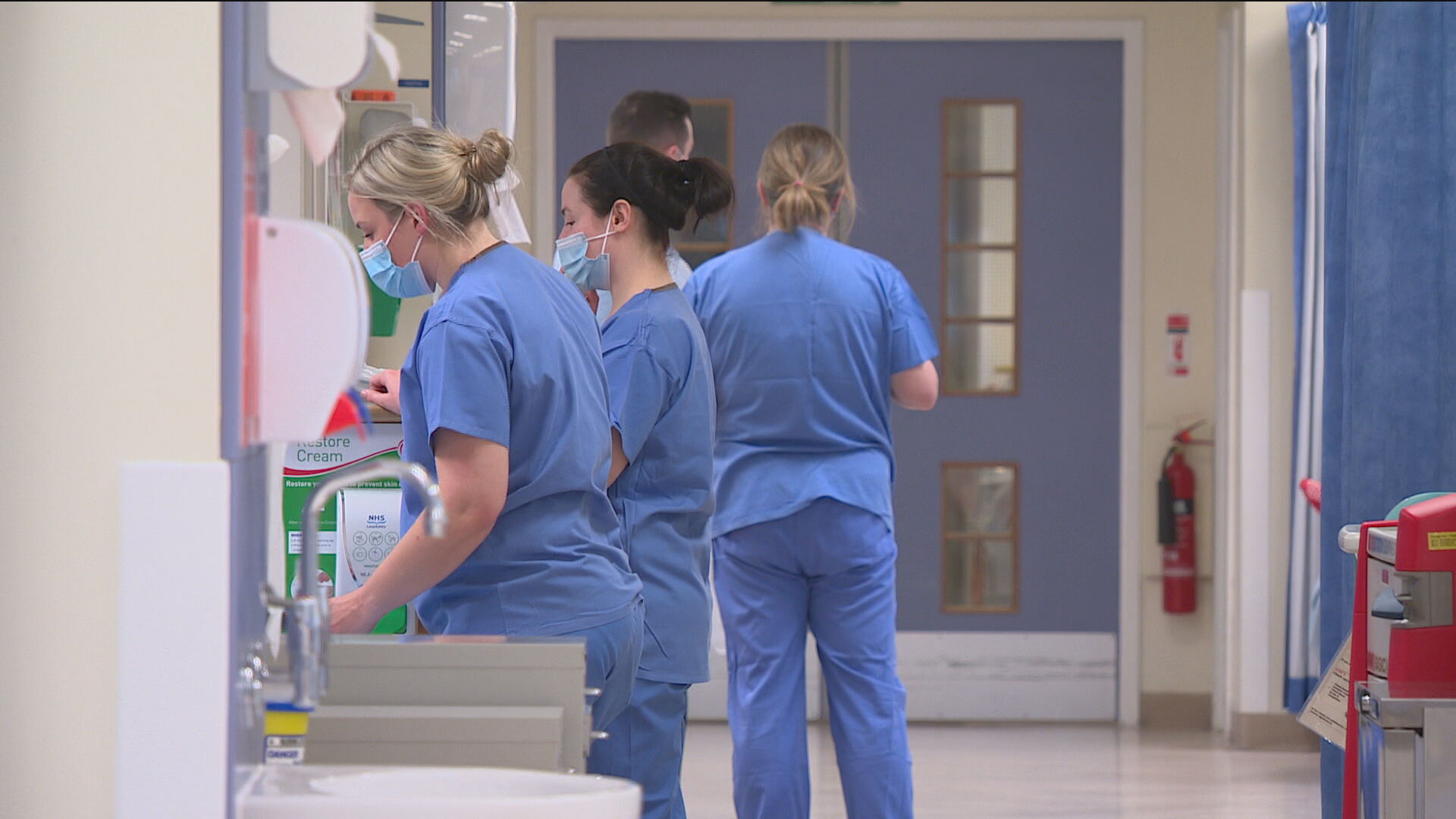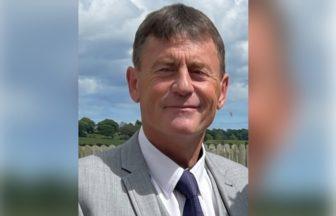Scottish ministers need to produce a “clear national strategy for health and social care”, public spending watchdogs said as a report highlighted growing pressures on the NHS.
Audit Scotland said a “clear vision is required to move from recovery to reform” within the health service, with “significant service transformation” necessary to “ensure the future sustainability of the NHS”.
The watchdog warned that as things stand, “operational performance and workforce capacity challenges are having a direct impact on patient safety and experience”.
“The NHS in Scotland, and its workforce, is simply unable to meet the growing demand for health services”
Dr Iain Kennedy, BMA Scotland chairman
The report made clear: “The NHS in Scotland is still struggling to provide healthcare in a timely way. Most waiting times standards are not being met.”
It said “only three out of eight key waiting times standards have been met at a national level in any quarter in the last five years”.
Dr Iain Kennedy, chairman of the British Medical Association (BMA) Scotland, said the report was “staggeringly bleak and paints a picture of a health service in crisis, without a plan to address it”.
He said: “The report confirms the NHS in Scotland, and its workforce, is simply unable to meet the growing demand for health services of our population.
“The service is not financially sustainable and NHS boards face a black hole in excess of £0.5bn by 2025-26.
“Staffing – and workforce planning – is woefully inadequate, with increasing vacancies and spending on agency workers – leaving healthcare professionals feeling exhausted and unable to provide safe or effective care.”
Dr Kennedy added: “Doctors and their colleagues are struggling to provide the best care they can in not-fit-for-purpose, crumbling buildings with a maintenance backlog nearly three times the future budgets available to address it.”
He concluded: “If this report isn’t an urgent call to action, then it’s hard to imagine what might be.”
His comments came as Audit Scotland said the Scottish Government was “unlikely” to meet commitments made in the 2023-24 Programme for Government to reduce both waiting lists and waiting times.
Overall, the public spending watchdog found while “some progress has been made in reducing some of the longest waits, key targets for eradicating long waits have been missed”.
The report said: “Planned care activity has increased in the last year, but so has demand, and so waiting lists continue to grow.
“Waiting lists for planned care are still substantially larger, and waiting times substantially longer, than before the pandemic.”
The problem of delayed discharge – where patients remain in hospital once medically well enough to leave as they are waiting for care arrangements to be put in place – was said to “remain stubbornly high”.
The Scottish Government allocated £17.9bn for health spending in 2022-23 – 39% of its total budget – but the report told how “general inflationary pressures, increasing utility prices and higher than expected pay deals” are putting financial pressure on the NHS.
“Boards faced significant cost pressures in 2022/23 and these pressures are likely to continue,” it said.
With nursing vacancies having risen from 3,024 in 2018 to 5,447 in 2023, the report told how spending on agency nurses increased by 79% in 2022-23 to £169.7m.
Health boards also spent £278m on nursing bank staff last year, which was 12% more than the previous year and 50% higher than the total in 2018-19.
Meanwhile the NHS maintenance backlog now exceeds £1.1bn, with the report saying this is “almost double” the total available capital budget for 2022-23.
 STV News
STV NewsAudit Scotland called on the Government to develop both a capital investment strategy for the NHS and a national workforce strategy.
But it also said ministers should work with health boards and others to “develop a new long-term vision for the wider health system by 2025 that sets out national priorities”.
Audit Scotland said: “There are a range of strategies, plans and policies in place for the future delivery of healthcare, but no overall vision.
“To shift from recovery to reform, the Scottish Government needs to lead on the development of a clear national strategy for health and social care.
“It should include investment in preventative measures and put patients at the centre of future services.”
Auditor General for Scotland Stephen Boyle warned that without change, “there is a risk Scotland’s NHS will take up an ever-growing chunk of the Scottish budget” – meaning less cash for other services.
Labour health spokeswoman Dame Jackie Baillie said the report shows “the very existence of our NHS is at risk under the SNP”.
She added: “This report lays bare the SNP Government’s catastrophic failure to re-mobilise our NHS following the pandemic – with patients paying the price.
“Audit Scotland reveals this Government’s lack of ‘overall vision’ for the future delivery of healthcare in Scotland.
“Without a proper plan to support primary and social care, the situation in our NHS will only deteriorate.”
Scottish Conservative health spokesman Dr Sandesh Gulhane said: “This utterly damning report exposes the monumental failings of the SNP’s management of Scotland’s NHS.
“As well as having no clear vision for our health service, SNP incompetence has meant there is now no money to progress desperately needed new healthcare facilities across the country.”
Scottish Liberal Democrat leader Alex Cole-Hamilton said: “The Scottish Government have not delivered the vision or the resources required to tackle the strain our NHS is under.”
“There needs to be urgent investment in clearing waiting lists and delivering preventative care so that small problems don’t spiral.”
Health Secretary Neil Gray said the Government will consider Audit Scotland’s recommendations.
But he stressed: “The Scottish Government is already taking forward a range of immediate and longer-term reform to our NHS, and I will set out my vision for further reform NHS in the coming weeks.
“The fundamentals of Scotland’s NHS will not change – we remain committed to free access to healthcare.
“Our workforce is at the heart of services that respond to changing demand. As such, we must deliver a sustainable, skilled workforce with attractive career choices and fair work, who are respected and valued for what they do.
“The NHS workforce is at record levels, and through meaningful engagement with trade unions and employers, we have secured pay agreements with both junior doctors and Agenda for Change staff, meaning we remain the only part of the UK to have avoided industrial action.
“Innovation also remains key in our efforts to meet demand and increase capacity and we recognise prevention is crucial in addressing the causes of ill health.”
Follow STV News on WhatsApp
Scan the QR code on your mobile device for all the latest news from around the country

























